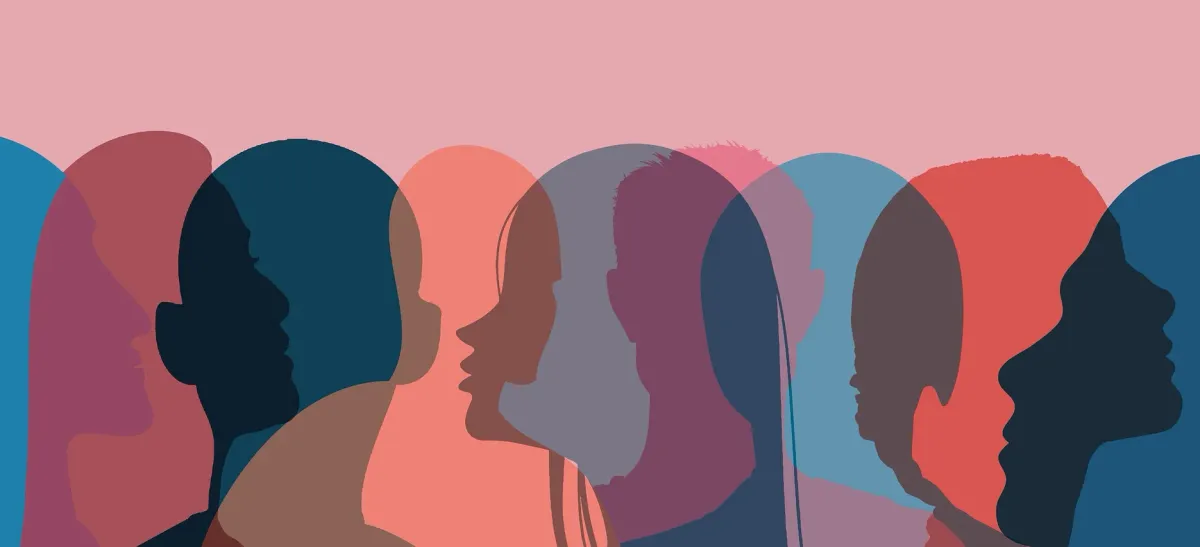On Returning to “Male” Spaces When You’re No Longer Male
What happens when you go back to male-dominated gaming events when you don't look 'visibly queer'?

Access the Audio Read version of this article directly on Spotify for Podcasters.
"Waiting outside the store to be let in, and watching as everyone who arrived after me get settled in their pods, I notice that the gender balance of the event is what I will go on to call 'thirty-five dudes and me'."
I’m sitting in the living room of my friend’s house, where she lives with her boyfriend. It’s just me and two couples, including my brother and his girlfriend; we’ve ordered noodles and sushi, and we’re watching the second season of Too Hot To Handle. The conversation has moved to the topic of coming out, of the idea of people presenting as ‘visibly queer’. Nobody offers a real definition for this, but there seems to be a consensus in the room that it exists. Sat on someone else’s sofa, watching reality TV, I don’t think I look ‘visibly queer’ - a phrase I think about a lot when it comes to gender presentation, the idea of looking ‘trans enough’ - but the conversation creates a heightened awareness of my identity.
I don’t think everyone in the room knows that I’m non-binary.
A few weeks later, I go to Shepherd’s Bush with my brother for a Flesh and Blood sealed event - where you sit at a table with five other people, open booster packs, construct a deck out of them, and play a series of games until you’ve gone up against everyone. Going to this event, I don’t look ‘visibly queer’. But waiting outside the store to be let in, and watching as everyone who arrived after me get settled in their pods (I was in pod number one, so was among the first to go and sit down in the store), I notice that the gender balance of the event is what I will go on to call “thirty-five dudes and me.” It’s an oversimplification - there might have been people like me there who just weren’t ‘visibly queer’ - but given the reputation and energy that surrounds TCGs (trading card games) as a hobby, the room itself feels very male. This is the first time I’ve been in this kind of space since 2019, and one of the first times I’ve been to one since I ‘came out’.
Like sitting on that sofa, with Too Hot to Handle on in the background, being in this pod with five male strangers created a kind of heightened self-awareness. When I think about it now, all the terms used were male in that offhand way; I’m not confrontational enough to correct strangers, especially in a space like this one. These are spaces I’ve been in before, years ago - physical and digital gaming spaces, the kind that are seen as overwhelmingly male - and it’s this history that made it easier for me to return to the spaces now. I’m not surprised that there was nobody there that didn’t look male; a place like that, where anyone who looks a little different sticks out immediately and might become a kind of curiosity, isn’t necessarily the most welcoming. This long history of entrenched visible masculinity - or ‘maleness’ - in gaming hobbies is something that the industry is slowly trying to alter, but being back in the room shows just how stark the gender divide is.
I was never afraid or anything like that, but part of it comes from the fact that I didn’t look different, that I wasn’t ‘visibly queer’. I am male passing, rather than male presenting. Passing is a double-edged sword; ostensibly a kind of privilege. It also forces you to hide parts of yourself.
There’s a wrong-headed assumption that identities that don’t fall into a neat binary have “one foot in the closet,” but this kind of forced passing does create this feeling. Returning to male spaces didn’t make me feel male again. Instead, it made me fully aware of how un-male I am now. Even as that history of ‘maleness’ made it easier for me to make my way through these spaces, I can’t help but wonder what will happen when I go back to them and look different.





